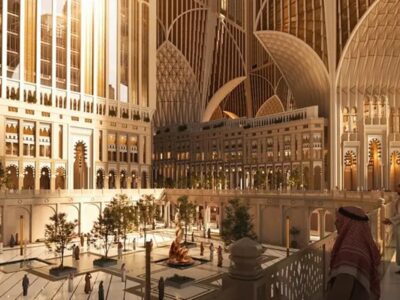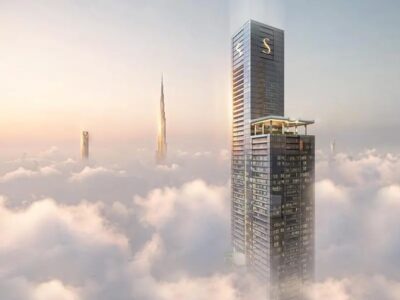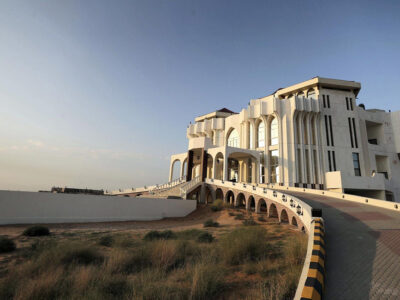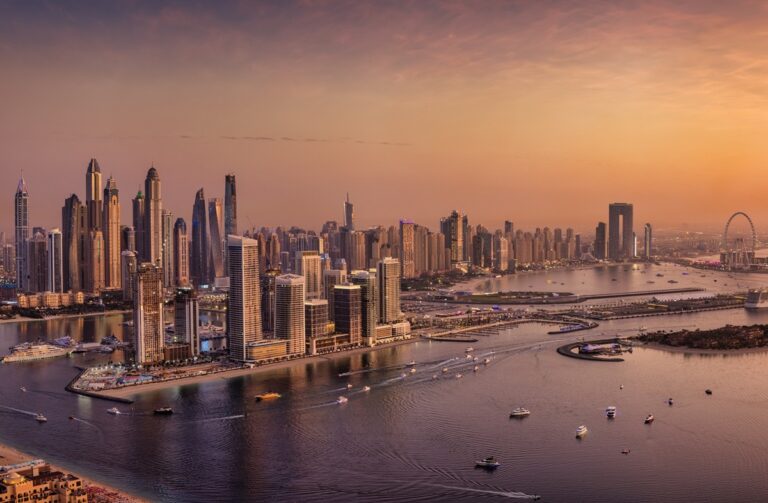The Dubai residential real estate market maintained its strong momentum in the third quarter of 2025, with total transaction values reaching AED138bn ($37.6bn), according Espace Real Estate data.
The quarter recorded 55,280 residential transactions, representing an 18 per cent year-on-year increase from the same period in 2024 — a performance that underscores Dubai’s ongoing market expansion and strong investor confidence.
John Lyons, Managing Director at Espace Real Estate, said: “In Q3 2025, the Dubai residential market continued to demonstrate strength and depth, reflecting solid investor confidence and growing long-term demand.
“While overall activity remains high, we are seeing a more mature market dynamic take shape, one that is increasingly driven by end-user demand.”
Off-plan transactions in Dubai
Off-plan transactions accounted for 70 per cent of total residential sales, up from 59 per cent in the first half of 2025, reflecting sustained investor appetite to capitalise on the emirate’s population growth and the liquidity supporting new project launches.
The AED5–10m ($1.36–2.72m) price segment recorded the largest year-on-year increase, rising 60 per cent, highlighting the strength of mid-to-upper-tier communities.
The report also noted a behavioural shift as more buyers view Dubai as a long-term home base, driving consistent demand for family-oriented properties.
Villa and apartment price growth
Average prices increased in 31 out of 34 villa and townhouse communities tracked by the report.
Of the 22 villa and townhouse areas, 20 recorded price rises, with an average increase of 22 per cent, driven by limited supply.
For apartments, 11 out of 12 communities saw price growth, averaging 12 per cent.
However, because 85 per cent of the upcoming supply comprises apartments, analysts expect this segment to experience more moderate price growth than villas and townhouses.
Rental market trends
Dubai’s rental market showed signs of greater balance as new apartment handovers eased pressure on established areas such as Dubai Marina, JBR, and JLT, with some demand shifting toward more affordable districts including Jumeirah Village Circle (JVC).
This trend, according to Espace Real Estate, is leading to a more stable rental environment across the wider market and reflects the maturity of Dubai’s housing ecosystem.
Steady demand heading into 2026
As Dubai’s population continues to expand and its reputation as a long-term destination strengthens, Espace Real Estate forecasts that the market will remain supported by structural demand, liquidity, and strong fundamentals heading into 2026.








